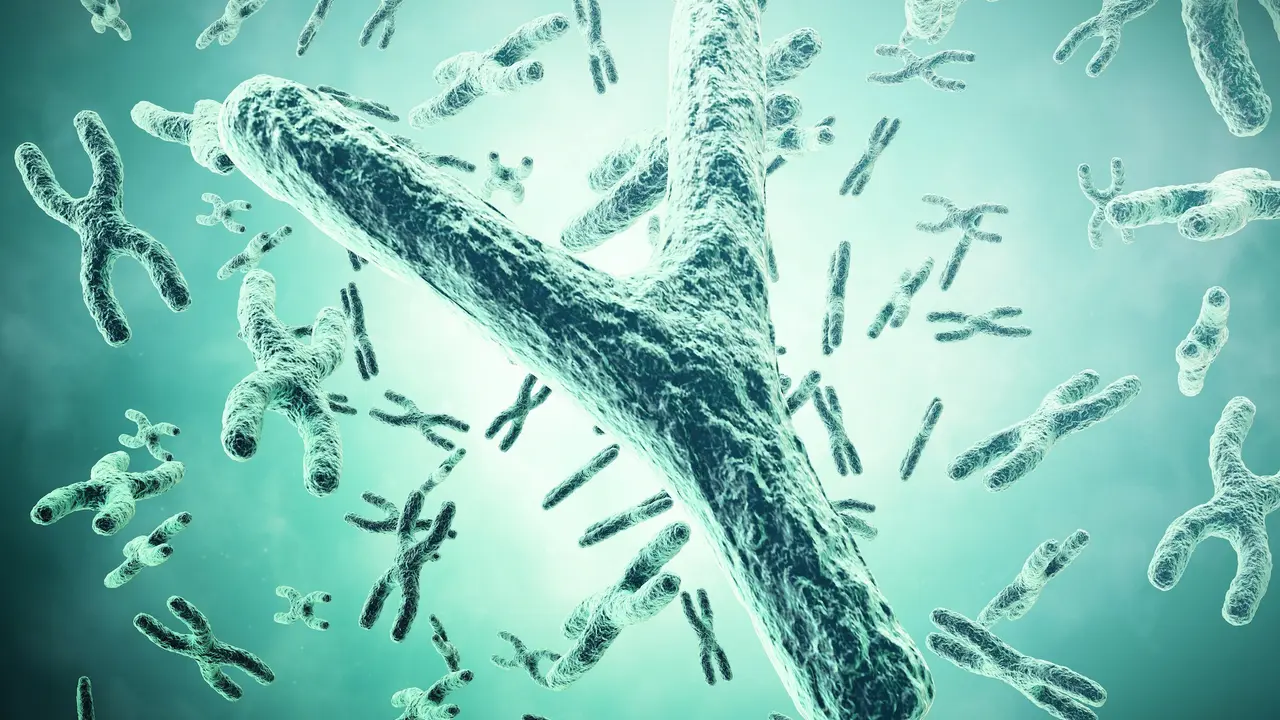Updated 27 August 2024 at 19:02 IST
‘World Of Girls’: Y Chromosome Shrinking, Will Men Disappear From Earth?
The reduction in the Y chromosome means a world where only girls are born unless a new sex-determining gene evolves.
- Science News
- 2 min read

Y Chromosome Shrinking: The male-determining gene, the Y chromosome, is gradually shrinking and could disappear altogether, according to a study. The reduction in the Y chromosome means a world where only girls are born unless a new sex-determining gene evolves. However, research published shows that spiny rats have already developed a new male-determining gene, indicating a potential evolutionary path for humans.
According to researchers a spiny rat, a rodent species native to Japan, has evolved a new male-determining gene after losing its Y chromosome entirely. The study found that most Y chromosome genes in spiny rats had relocated to other chromosomes.
Researchers found a tiny DNA duplication near the SOX9 gene on chromosome 3, present in all male spiny rats but absent in females. This duplication appears to activate the SOX9 gene, taking over the role of the missing SRY gene in male development.
The study revealed that “The Y chromosome’s loss has not been fatal for the spiny rat; instead, it has adapted by finding an alternative way to determine sex.”
Advertisement
However, scientists speculate that “We could see the rise of several distinct human species, each with its unique sex-determining mechanism.”
Will men disappear from Earth?
“The finding supports an alternative possibility that humans can evolve a new sex-determining gene. But it may still not be that simple. Evolution of a new sex-determining gene comes with risks,” said Professor Jenny Graves.
Advertisement
“In platypus, the XY pair is just an ordinary chromosome with two equal members suggesting the mammal X and Y were an ordinary pair of chromosomes not that long ago,” she said.
“In turn, this must mean the Y chromosome has lost 900 to 55 active genes over the 166 million years that humans and platypus have been evolving separately. That’s a loss of about five genes per million years. At this rate, the last 55 genes will be gone in 11 million years,” she added.
Published By : Isha Bhandari
Published On: 27 August 2024 at 19:02 IST
